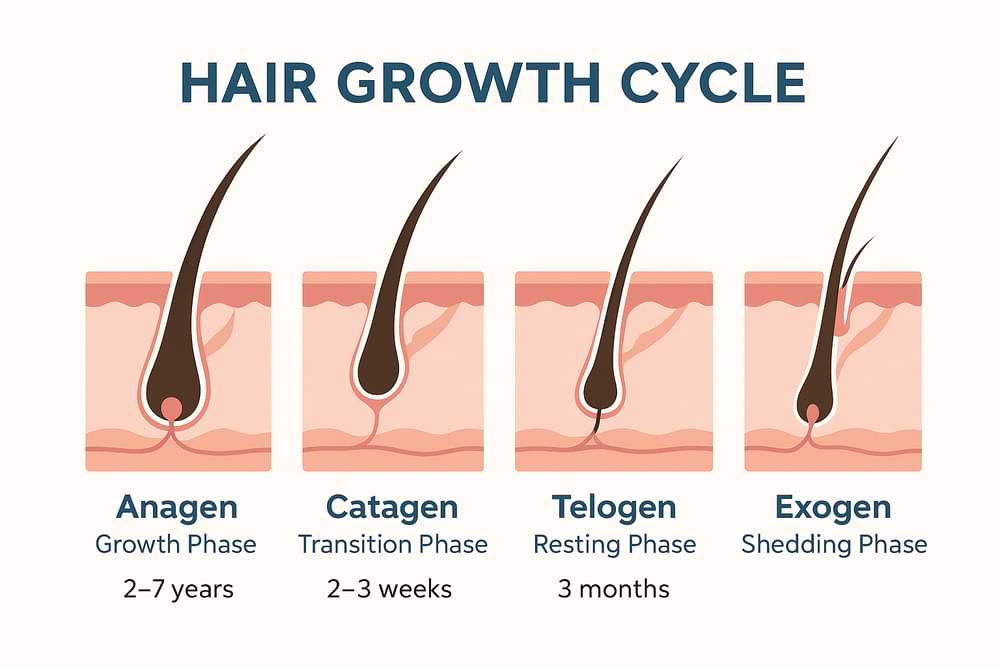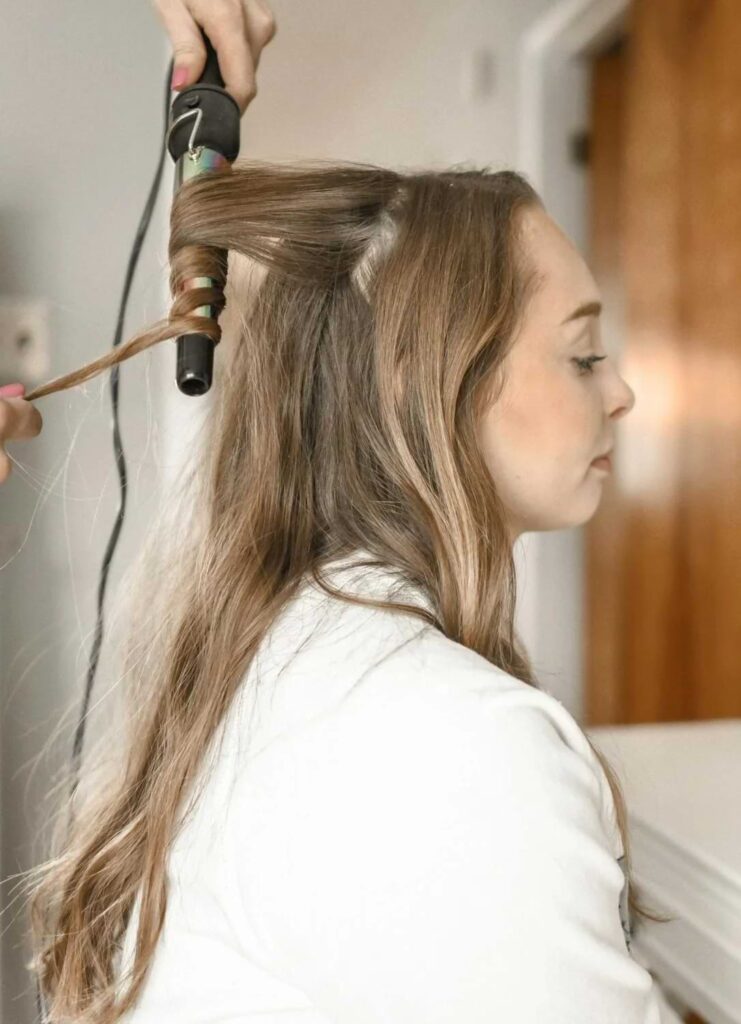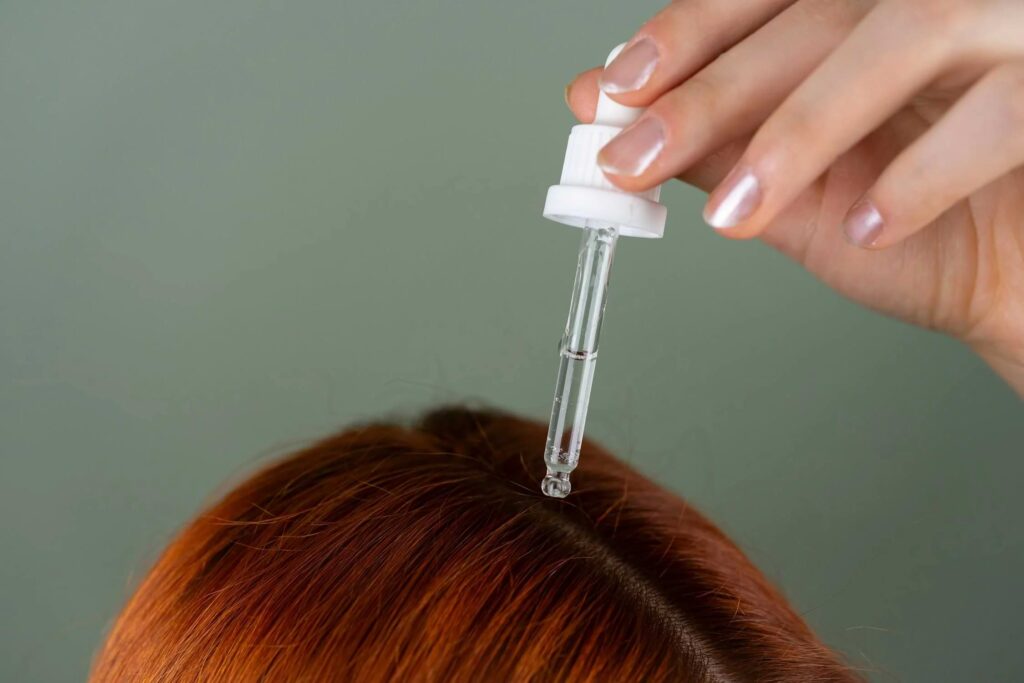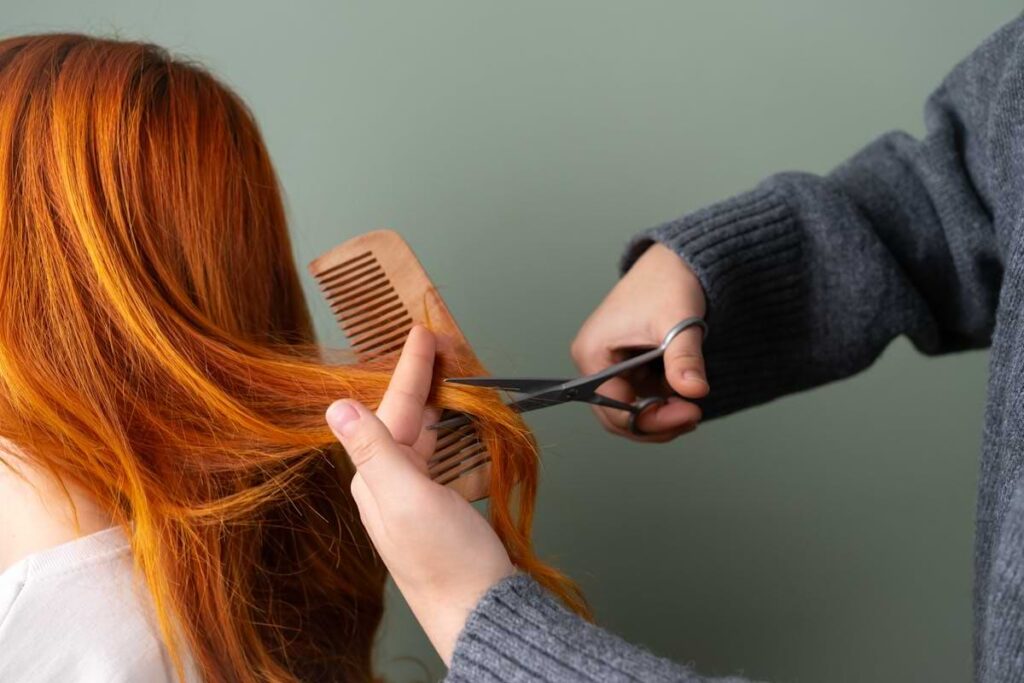Hair growth is a topic of interest for many, whether you’re aiming to grow out a new haircut, recovering from hair damage, or simply curious about how fast your body regenerates hair. A common question that arises is: How long does hair grow in 1 week? While the answer might seem straightforward, hair growth is influenced by a variety of factors, including genetics, health, age, and even the time of year.
In this guide, we’ll explore the science behind hair growth, what you can realistically expect in a week, and what you can do to support healthy hair growth.
Average Hair Growth: What to Expect in One Week
On average, human hair grows approximately 0.3 to 0.5 millimeters per day. That equates to about 2.1 to 3.5 millimeters per week, or roughly 0.1 to 0.14 inches.
So, if you’re trying to grow out your hair, expect about a quarter to a third of a centimeter of new hair every seven days.
This growth rate applies to scalp hair under normal conditions. It’s worth noting that this is an average, and individual rates can vary based on numerous biological and lifestyle factors.
Understanding the Hair Growth Cycle
To fully understand how hair grows, it’s important to know about the four main phases of the hair growth cycle:

-
Anagen (Growth Phase): This is the active growth phase where cells in the hair bulb divide rapidly. It can last from 2 to 7 years. Around 85-90% of your scalp hair is in this phase at any given time.
-
Catagen (Transition Phase): This short transitional phase lasts about 2 to 3 weeks. Hair stops growing and detaches from the blood supply.
-
Telogen (Resting Phase): Lasting around 3 months, this is when hair doesn’t grow but remains attached to the follicle. Eventually, the hair falls out naturally.
-
Exogen (Shedding Phase): A sub-phase of telogen, where old hairs shed and new ones begin to grow in their place.
Hair growth is not continuous for all follicles simultaneously. Each follicle operates independently, which is why we don’t shed all our hair at once.
Factors That Influence Weekly Hair Growth
1. Genetics
Your genes play a significant role in determining your hair’s growth rate, maximum length, and thickness. If your family members tend to have fast-growing hair, chances are you might too.
2. Age
Hair growth tends to slow with age. The anagen phase shortens, and hair becomes finer and less dense as we grow older.
3. Diet and Nutrition

A nutrient-rich diet supports healthy hair growth. Key nutrients include:
-
Protein: Hair is primarily made of keratin, a type of protein.
-
Biotin (Vitamin B7): Supports keratin production.
-
Iron: Crucial for oxygen transport to hair follicles.
-
Zinc & Vitamins A, C, D, E: Essential for cellular growth and repair.
4. Hormones
Hormonal changes during pregnancy, menopause, or due to thyroid conditions can affect hair growth cycles.
5. Stress
Chronic stress can push hair into the telogen (resting) phase prematurely, leading to more shedding and slower growth.
6. Hair Care Practices
Using excessive heat, chemicals, or tight hairstyles can damage hair and impede growth. A healthy scalp and proper care routine encourage optimal growth.
Can You Speed Up Hair Growth in a Week?
While you can’t drastically change your hair’s growth rate overnight, you can support healthier and potentially slightly faster growth through:
-
Scalp massage: Stimulates blood flow to hair follicles.

-
Hydration: Drink plenty of water to support cellular function.
-
Proper nutrition: Eat a balanced diet with essential vitamins and minerals.
-
Avoiding heat and chemical damage: Limit styling tools and harsh treatments.

-
Hair oils and serums: Products with rosemary oil, peppermint oil, or caffeine can mildly stimulate growth.

Results from these methods are gradual, and consistency is key.
Hair Growth Myths Debunked
Myth 1: Cutting Hair Makes It Grow Faster

Truth: Hair growth starts at the follicle, not the ends. Trimming split ends can make hair look healthier, but it doesn’t influence the root’s activity.
Myth 2: Brushing Hair 100 Times a Day Boosts Growth
Truth: Excessive brushing can cause breakage. Gentle brushing is good for spreading natural oils, but won’t speed up growth.
Myth 3: Shampooing Often Slows Growth
Truth: Washing your hair doesn’t affect growth. Keeping your scalp clean can promote a healthy environment for follicles.
Tips to Maximize Hair Growth Potential
If you’re looking to make the most out of each week’s hair growth, here are some actionable tips:
-
Use a gentle shampoo and conditioner suited for your hair type.
-
Avoid tight hairstyles that can cause traction alopecia.
-
Get regular trims to prevent breakage and maintain healthy ends.
-
Protect hair from UV damage and environmental pollutants.
-
Consider supplements after consulting a healthcare professional.
FAQ: Hair Growth in One Week
Q1: Can I see visible hair growth in one week?
Yes, but it may be difficult to notice. A growth of 2-3 mm is subtle and usually not immediately visible unless you’re closely tracking it.
Q2: Does hair grow faster in certain seasons?
Yes. Studies suggest that hair may grow slightly faster during summer months due to improved blood circulation and increased vitamin D levels.
Q3: Can stress stop hair from growing?
Chronic stress can lead to conditions like telogen effluvium, where hair prematurely enters the shedding phase, slowing overall growth.
Q4: Do hair growth products work?
Some products like minoxidil (Rogaine) have clinical backing, but results vary. Natural oils and serums can help maintain a healthy scalp environment.
Q5: How can I tell if my hair is growing?
Tracking root regrowth, taking weekly photos, and measuring small sections can help monitor progress over time.
Final Thoughts
Hair growth in one week might seem minimal—just a few millimeters—but over time, those small increments add up. While you can’t radically change your hair’s biology in seven days, adopting a healthy lifestyle and proper hair care routine will support your hair’s natural growth process.
Rather than chasing quick fixes, focus on sustainable practices. Your hair reflects your overall health, so taking care of your body will, in turn, take care of your hair.


